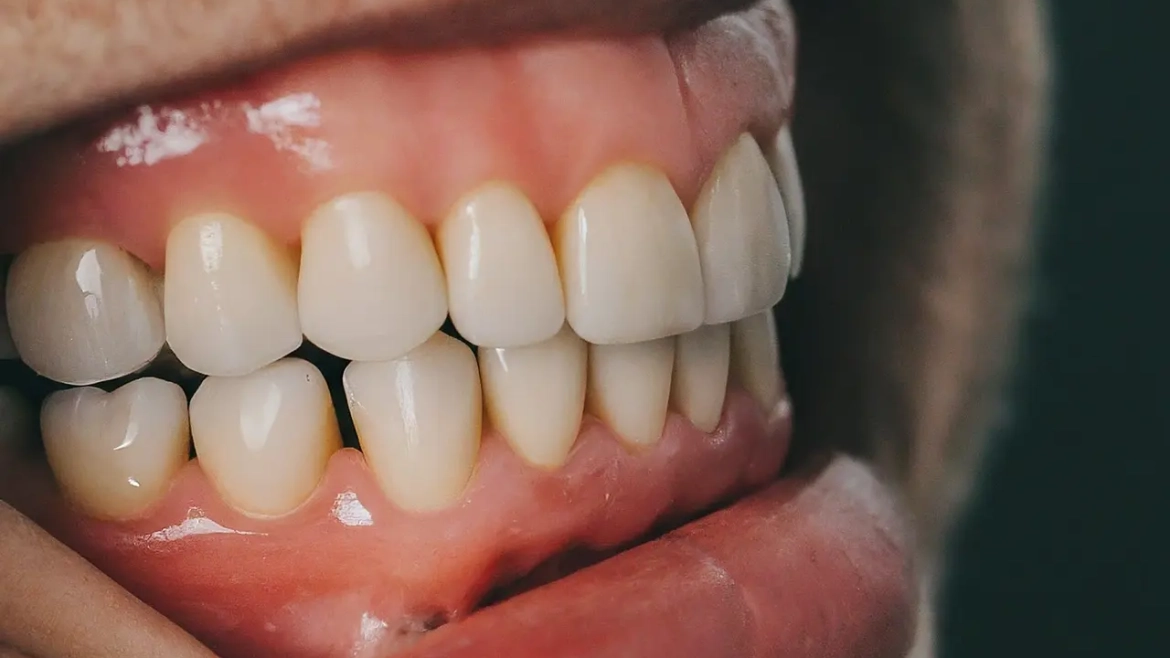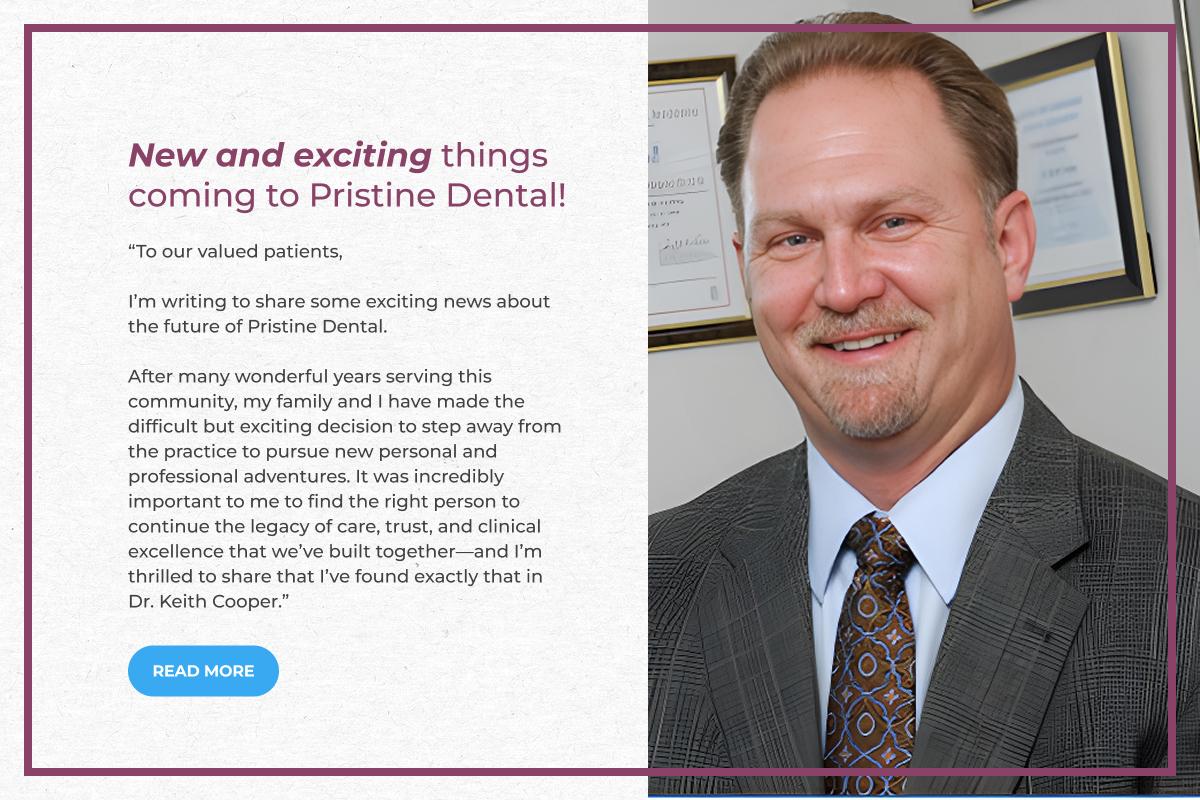Have you ever wondered about the specialized dental field that focuses on designing and fitting artificial replacements for the teeth and other parts of the mouth? Let’s dive into the world of prosthodontics and explore why it might be a game-changer for your oral health and smile.
Understanding Prosthodontics: The Basics
Prosthodontics is a specialized division of dentistry focused on the restoration and replacement of lost or damaged teeth and oral structures. This specialty, discussed in depth by California Dentistry & Braces, involves treatments that go beyond general dentistry’s scope, aiming to improve the function, aesthetics, and overall health of a patient’s mouth.
The word ‘prosthodontics’ itself hints at its purpose, with ‘prostho’ meaning replacement and ‘dontist’ referring to teeth. Basically, prosthodontists are the experts in anything that needs replacing in your mouth, which could be a single tooth, multiple teeth, or all teeth and gums. Their role is pivotal in restoring missing sections of the mouth, ensuring that replacements are not only functional but also aesthetically pleasing.
The Role of a Prosthodontist in Dental Care
A prosthodontist undergoes extensive training beyond dental school, including a three-year post-graduate program that focuses on areas such as dental implants, crowns, bridges, and dentures. Middle Tennessee Prosthodontics points out that prosthodontists are also trained in managing complex dental and facial issues, making them the ‘architects’ of dental treatment plans.
Their expertise isn’t limited to restorative procedures; prosthodontists are well-versed in cosmetic dentistry, understanding the dynamics of a smile and how to enhance it while maintaining oral health. This unique blend of skills allows them to handle everything from replacing missing teeth to designing complete smiles that look natural and beautiful.
When Do You Need Prosthodontic Treatment?
You may need to see a prosthodontist if you have missing teeth, considerable damage to your natural teeth, or are in need of complex oral restorations that go beyond the capabilities of general dentistry. According to the American College of Prosthodontists, prosthodontists also treat TMJ/TMD disorders, snoring and sleep apnea devices, and reconstructive dental care following injuries or cancer treatments.
Patients looking for aesthetic improvements along with functionality, such as those considering veneers, implants, or dentures, can also benefit from consulting with a prosthodontist. They are equipped to manage and execute treatment plans that not only aim to restore function but also take into consideration the patient’s overall appearance and confidence.
Types of Prosthodontic Treatments
Prosthodontic treatments include the creation and fitting of dentures, dental bridges, crowns, veneers, and the installation of dental implants. California Dentistry & Braces explains that these procedures not only help in restoring function but also improve the patient’s self-esteem by enhancing their smile.
More complex treatments involve facial reconstructions, such as those needed after an injury, or treatments for oral cancer patients. Prosthodontists are trained to handle these intricate procedures, ensuring the restoration is both functional and natural-looking.
The Process of Getting Prosthodontic Care
Getting started with prosthodontic care often begins with a detailed consultation to discuss your dental history, concerns, and treatment goals. A prosthodontist will conduct a comprehensive examination of your mouth to assess the extent of treatment needed. Diagnostic models, X-rays, and digital scans are commonly used tools to plan your personalized treatment program.
Following the initial consultation, your prosthodontist will outline a treatment plan, which might include a combination of procedures to achieve the desired outcome. Throughout the treatment process, the prosthodontist works closely with dental technicians and other specialists to ensure that each prosthetic fits perfectly and meets your functional and aesthetic needs.
Benefits of Prosthodontic Treatment
Choosing prosthodontic treatment offers numerous benefits, from improved oral function and health to enhanced self-confidence and quality of life. Prosthodontic treatments can help restore the ability to chew comfortably and speak clearly, while also improving the structural appearance of the face and smile. Furthermore, treatments such as implants can prevent bone loss, maintaining the face’s natural structure.
Another key benefit is the customization involved in prosthodontic care, enabling treatments to be tailored specifically to individual needs and cosmetic preferences, as noted by the American College of Prosthodontists. This personal approach ensures that patients not only function well but also feel good about their smile.
Choosing the Right Prosthodontist for You
Selecting the right prosthodontist is crucial for achieving the best outcomes. It’s recommended to look for a provider with the proper education, training, and experience, particularly with the kind of procedure you need. A board-certified prosthodontist, who has undergone rigorous examination and maintains their certification, represents a high standard of care. Use resources like the American Board of Prosthodontics locate a board-certified prosthodontist in your area.
You should also consider the technology and methodologies the prosthodontist uses, ensuring they are up-to-date with the latest in dental care. Furthermore, reading reviews and asking for before-and-after photos of previous patients can give you insight into the satisfaction and success rates of the prosthodontist’s work.
Understanding the Costs and Insurance Coverage
The cost of prosthodontic treatment varies widely depending on the complexity and type of procedures required. Comprehensive insurance plans often cover a portion of these costs, but it’s important to verify what your plan includes. Discussing payment and financing options with your prosthodontist’s office can provide clarity on how you can manage the investment in your oral health.
Remember, while the cost can be significant, the investment in prosthodontic treatment is an investment in your overall health, function, and self-esteem. It is worthwhile to consider the long-term benefits of complete and professional dental care.
Frequently Asked Questions About Prosthodontics
Q: How long does prosthodontic treatment take?
A: The duration of treatment varies based on the individual case. Simple procedures may take just a few weeks, while more complex restorations can take several months to a year.
Q: Is prosthodontic treatment painful?
A: Modern technology and anesthesia options ensure that most prosthodontic treatments are comfortably manageable. Your prosthodontist will discuss pain management and anesthesia options with you prior to any procedure.
Q: Can prosthodontic treatments improve my overall health?
A: Yes, beyond improving oral function and aesthetics, prosthodontic treatments can contribute to better nutritional intake, improve speech, and lead to a healthier lifestyle overall.
Empower Your Smile with Prosthodontics
Understanding prosthodontics and recognizing when you might need this specialized dental care can empower you to make informed decisions about your oral health. Whether it’s improving functionality or enhancing your smile, prosthodontists have the expertise to help you achieve your dental goals.



